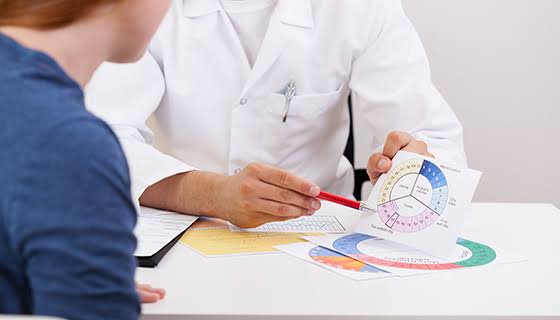Menstruation is a natural part of a woman’s monthly cycle. At least it should last between 4 to 8 days.
The number of days spent menstruating can vary widely from person to person. Most people bleed for two to seven days.
Tracking your menstrual cycles can help you understand what’s normal for you, time ovulation and identify important changes.
What’s a normal menstrual cycle?
The menstrual cycle, which is counted from the first day of one period to the first day of the next, isn’t the same for every woman. Menstrual flow might occur every 21 to 35 days and last two to seven days. For the first few years after menstruation begins, long cycles are common. However, menstrual cycles tend to shorten and become more regular as you age.
Why the cycle is reducing
The menstrual cycle’s length might vary, sometimes even month to month, depending on a wide range of different factors. Given that a period usually lasts between 4 and 8 days, a sudden change in the menstrual cycle may worry you. So, are you going through shorter periods that only last a day or two? Let’s find out why it may be so.
Stress
Increased stress levels also result in your periods lasting only a couple of days since stress adversely affects your hormones. Once your stress levels go down, your periods’ length is most likely to come back to normal.
Rigorous workout
If you have been exercising aggressively, it may result in hampering the release of the hormones controlling ovulation, resulting in shorter periods.
Poor ovulation
Shorter periods could also be a sign of poor ovulation. This is known as anovulation, and it might cause lighter or irregular periods
Certain medications
Certain medicines such as blood control pills, blood thinners, and steroids, to name a few, also contribute to shorter periods.
Other diseases
Medical conditions such as PCOS, thyroid, tuberculosis of the uterus, and certain sexually transmitted diseases also result in disturbing your menstrual cycle. CONTINUE READING…
Do you have any information you wish to share with us? Do you want us to cover your event or programme? For Adverts or report call/WhatsApp us on +2348072633727




